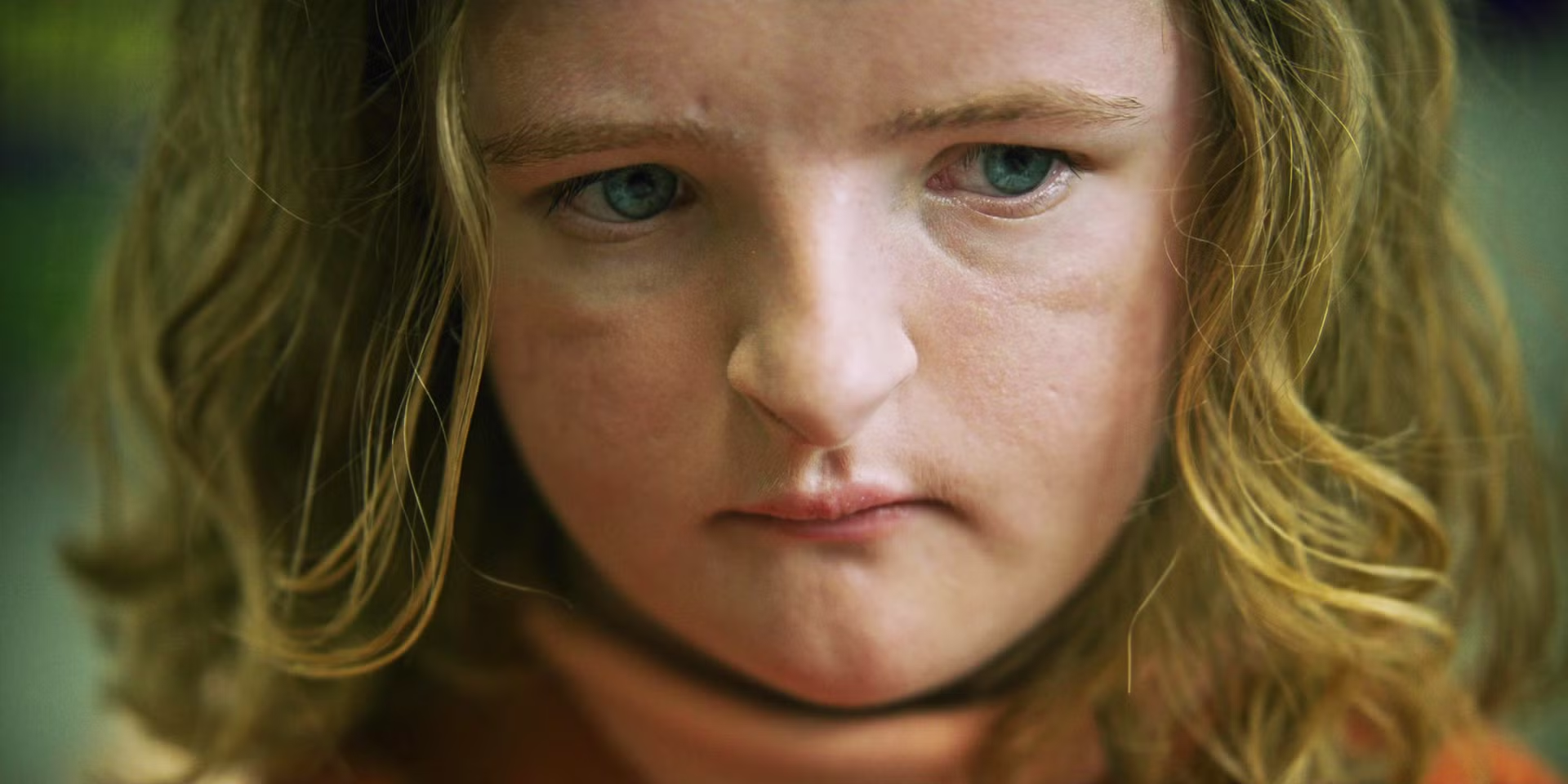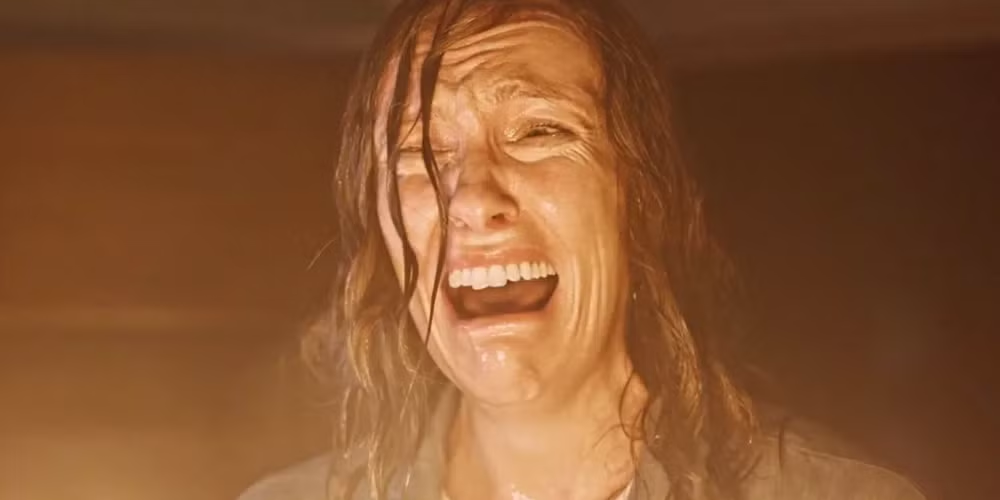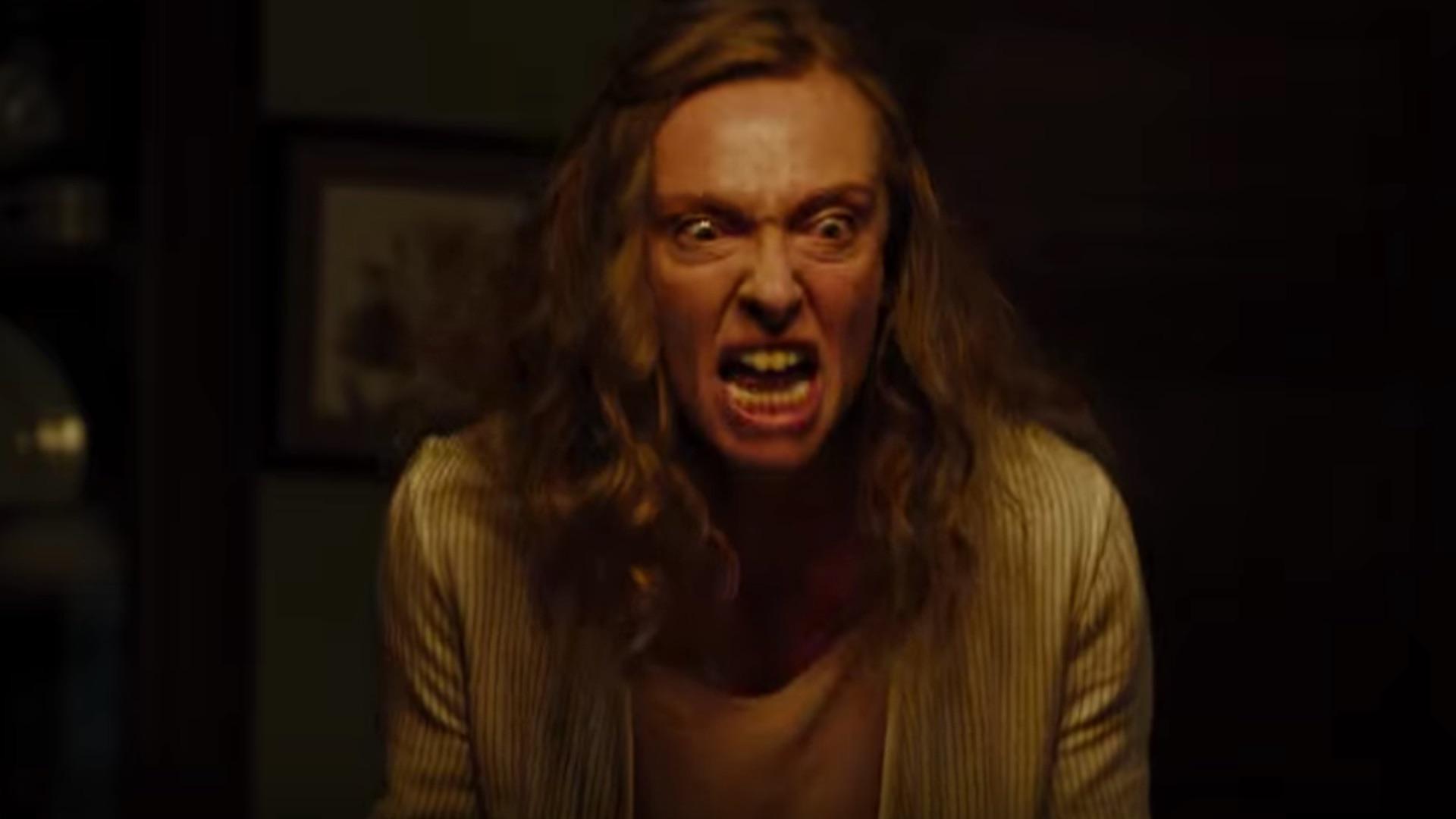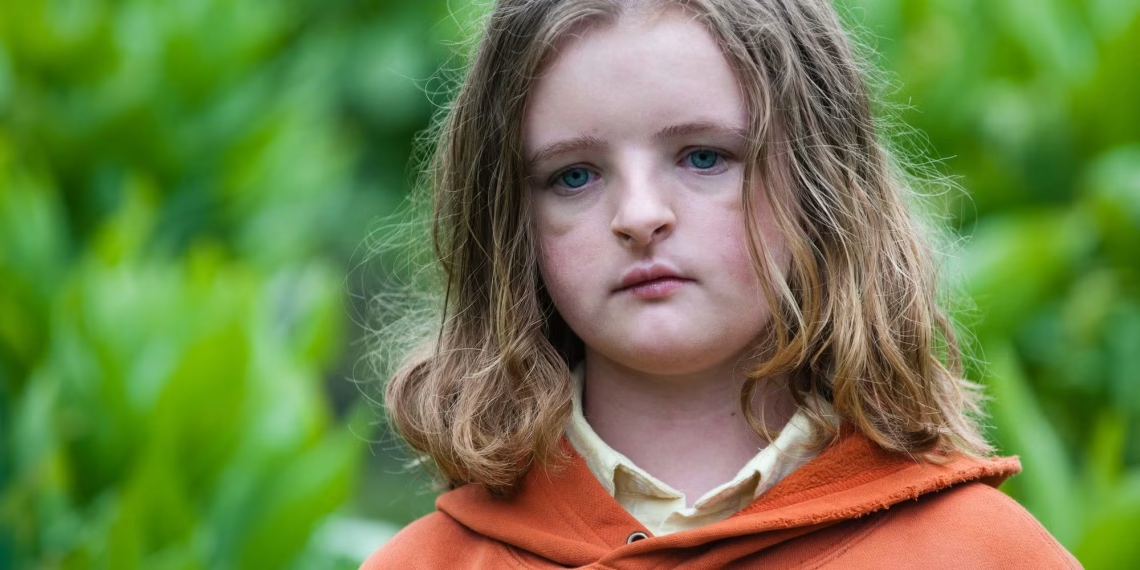In the film Hereditary, the ending leaves room for different interpretations, especially regarding the demon Paimon. Annie Graham, an artist dealing with the recent death of her mother, finds her family caught in a series of tragic events. While her husband Steve and son Peter seem unaffected, her daughter Charlie is notably troubled. This marks the beginning of Charlie’s strange behaviors, such as mutilating dead animals and creating odd creatures, which ultimately lead to her untimely death.
As the film progresses, it transitions into supernatural horror, with séances, ghosts, and occult practices intruding upon the family’s lives. The line between reality and the family’s grief-induced hallucinations becomes blurred. However, one thing remains clear — malevolent forces are at work. The film’s chilling climax, where the chant “Hail, Paimon” is uttered, can be seen as either a literal or symbolic conclusion, depending on how the audience views horror.
Hereditary Ending Explained
The true nature of the ending is revealed when it becomes clear that Annie’s late mother was involved in occult practices. A devoted worshiper of the demon Paimon, one of Hell’s kings, she had aimed to bring Paimon into a human host. Annie herself was initially chosen to host Paimon when Peter was born. However, her protective instincts over her son led the cult to instead use Charlie.

Charlie’s death, whether by fate or divine manipulation, serves the cult’s purpose. It opens the door for Paimon’s spirit to enter Peter’s body, facilitated by a cult member named Joan. In the end, Annie succumbs to possession, aiding Paimon’s resurrection and Peter’s transformation. This twist may seem inevitable, especially when the symbol of Paimon appears throughout the film, including on the necklaces worn by Annie and her mother.
Annie, in the final moments, sacrifices herself by decapitating her own head, sealing Paimon’s return. This act suggests that Charlie’s decapitation, which initially appeared to be an accident, was orchestrated as part of a ritual. Ultimately, Paimon takes control of Peter’s body, completing the cult’s sinister mission. This literal interpretation of Hereditary echoes classic films like Rosemary’s Baby and The Omen, where evil triumphs over good.
Exploring Grief and Mental Illness
Beneath the supernatural horror, Hereditary delves deep into the mental health struggles of the Graham family. Annie, during a therapy session, reveals that her family has long been plagued by mental health disorders, including psychotic depression, schizophrenia, and dissociative identity disorder. The disturbing events depicted in the film could symbolize the psychological effects of these conditions, from visions of ghosts to physical manifestations like fire.
The film’s ambiguity leaves room for interpretation. Annie’s behavior could be seen as possession or as an extreme escalation of her mental health issues. Peter’s experiences might reflect a breakdown of his own sanity as he grapples with the death of his sister and the horrors he faces. The family’s dynamic showcases the different ways people cope with grief.
Annie represents anxiety and self-blame. Her obsessive desire to fix things, whether through her art or her family’s trauma, reflects a failure to let go of the past. Peter, on the other hand, embodies self-harm. Unable to forgive himself, he punishes himself physically, even enduring symptoms similar to Charlie’s before her death. Steve, the distant figure in the family, represents major depression — withdrawn, irritable, and lethargic.
These portrayals of grief in Hereditary are layered, with each family member serving as a metaphor for a different way of handling loss. The film also touches on themes like gender, nihilism, and the erosion of traditional family structures, showing the complex, multifaceted nature of trauma.

Greek Tragedies and Foreshadowing in Hereditary
Despite its gut-wrenching final act, Hereditary does not aim to surprise the audience with an unpredictable twist. Instead, it foreshadows its tragic conclusion through subtle hints and references throughout the film. Peter’s English class often discusses Greek tragedies, with quotes such as “Punishment also brings wisdom,” hinting at the inevitable downfall of the Graham family. The film’s focus on the inexorable flow of fate, as seen in the teacher’s remark about characters being “pawns in a horrible, hopeless machine,” sets the stage for the devastating climax.
These references make it clear that the film’s tragic end was always intended. It emphasizes the futility of trying to escape destiny and the dark inevitability of the Graham family’s fate.
Paimon’s Role and Significance
Paimon, the demon central to Hereditary, is one of the eight kings of Hell. He is known for his profound knowledge of arts and sciences, and for being able to grant special titles to his followers. Director Ari Aster chose Paimon for the film, explaining that he wanted to explore new territory in horror rather than relying on the overused portrayal of the Devil. Although some critics consider Paimon an obvious choice, Aster’s decision adds depth to the film, creating a more original and unsettling experience for the audience.
Paimon’s lore enriches Hereditary by tying together the film’s themes of family trauma, control, and the supernatural. Through Paimon, Aster infuses the movie with a sense of grandeur, elevating it beyond typical horror narratives and solidifying it as a standout in the genre.

What Hereditary’s Ending Really Means
At its core, Hereditary is about trauma’s transformative power. It explores how deeply traumatic events can reshape a person, often for the worse. This theme is evident in every character, especially Peter, who undergoes a literal transformation as he becomes the vessel for Paimon. This shift from trauma to a complete loss of humanity underscores the film’s message: grief and trauma can have a profound, often destructive, impact on individuals and families.
Director Ari Aster himself has explained that the film’s central metaphor revolves around how trauma can irreversibly change people. The film explores the cycle of grief within the Graham family, showing how a single tragic event can unravel everything. Annie, burdened by the trauma from her past, cannot escape the cycle, and Peter is forever altered by the weight of his own guilt.
The Reception of Hereditary‘s Ending
Hereditary received widespread acclaim from critics, with particular praise for its unsettling climax. The film, produced by A24 and directed by Ari Aster, stands out for its ability to balance grounded, emotional horror with surreal, nightmarish imagery. The ending has been praised for its blend of ambiguity, leaving audiences with lingering questions about the film’s reality.
In the end, Hereditary cemented Ari Aster’s reputation as a master of horror, with its moments and deeply disturbing themes. Its ending, in particular, contributed to its place as one of the most memorable horror films of the 21st century, leaving an indelible mark on the genre.





